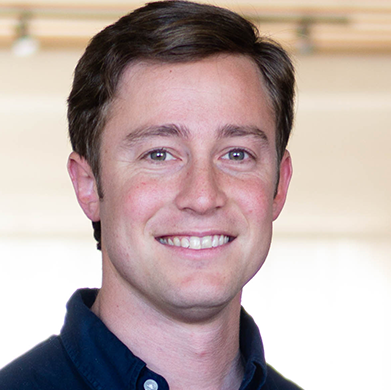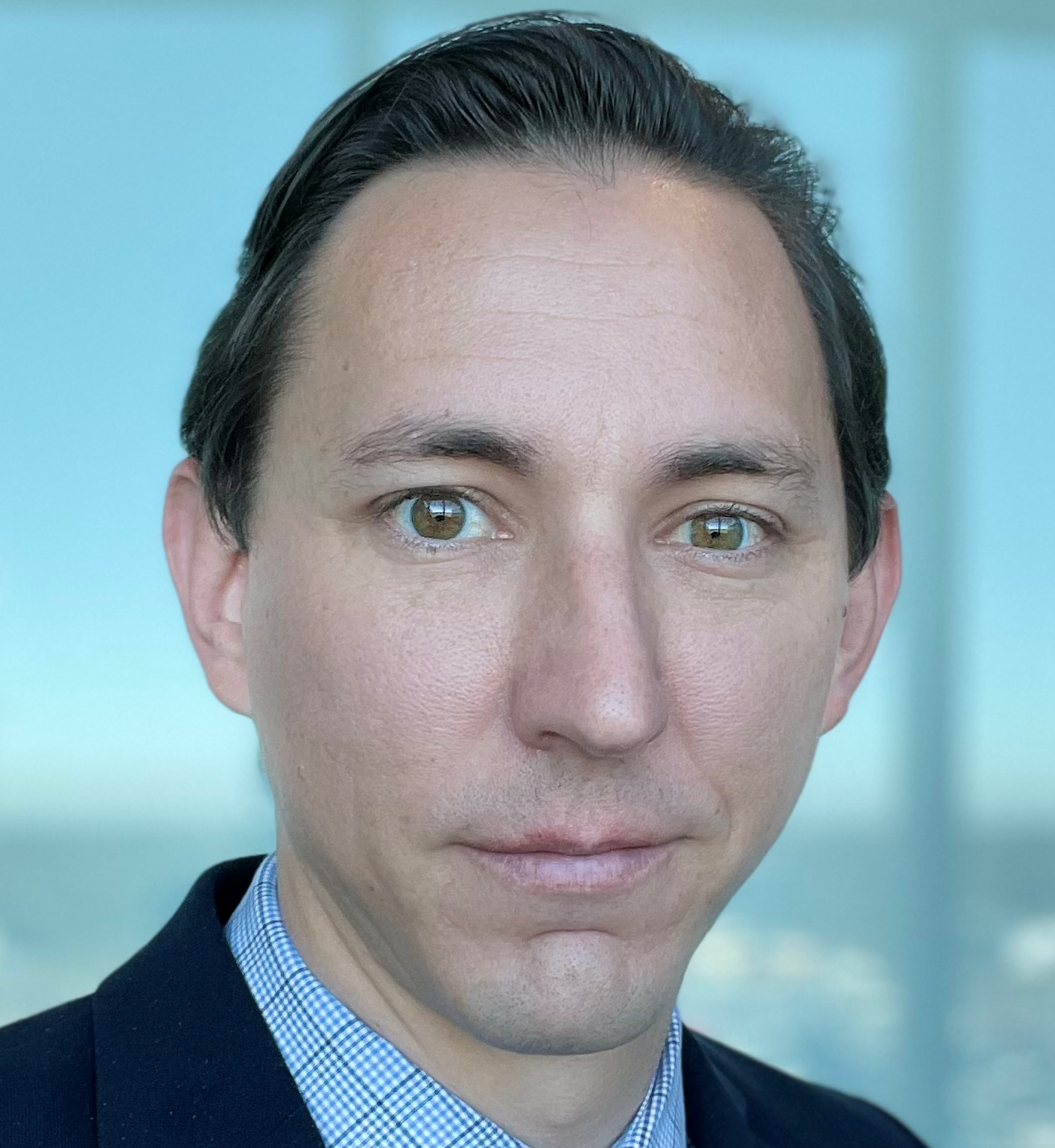

 Ken Peterman
Ken Peterman
Ken Peterman is Founder & CEO, SpyGlass Group, an innovative thought-leading organization that has helped shape aerospace and defense strategic trajectories in the tactical communications,mobile networking, cybersecurity, and satellite sectors since 2012. As a passionate, creative and forward leaning leader in the global aerospace and defense market, Ken serves on a variety of boards and advisory groups where he has been honored with multiple awards, including: TEN BEST INNOVATIVE BUSINESS LEADERS – BUSINESSMAN OF THE YEAR – GAME CHANGER AWARDEE and INDUSTRY TECH OUTLOOK, 2020 – BATTLESPACE MAGAZINE – 2018 VANGUARD MAGAZINE.
Previously, as President, Viasat Government Systems (2013-2021), Ken led a global defense business (>$1B) recognized as a market leader in assured high-capacity satellite communications, tactical networking and Link-16 datalinks, information assurance and cybersecurity, hybrid adaptive networking and blended air/ground situational awareness. Under Ken’s leadership, Viasat built a culture of passionately focusing on the warfighter’s mission and applying technical innovation to empower the warfighter in new and different ways, proactively creating technology-enabled operational capabilities in unprecedented ways some never thought possible. Ken led Viasat’s transformation to become the fastest organically growing US defense company for six consecutive years. Viasat grew to become a prime capabilities provider to the US DoD and allied forces, with a commitment to connecting the world’s toughest missions and ensuring that mission operators have the trusted information they need, when and where they need it most.
Previously, as President, ITT/Exelis Communications and Electronic Warfare Systems (2007-2013), Ken led a global defense and aerospace business >$1B with over 3,000 employees in 12 states plus the United Kingdom. Portfolios included tactical and satellite communications systems, information assurance and cybersecurity solutions, global positioning systems (GPS), electronic protection and counter IED systems, and integrated command, control, communications and computer (C4) systems for U.S. and allied forces in over 35 countries. (Note that ITT/Exelis spun out of ITT in 2011 and was then acquired by L3Harris in 2015.)
A distinguished leader in aerospace and defense, Ken has enjoyed successful executive leadership tenures at Viasat, ITT/Exelis, Rockwell Collins and Raytheon. Broadly respected as a thought leader and innovator among US and international senior leaders, he currently serves on a variety of boards and advisory groups. Ken received a Bachelor of Science in Electrical Engineering (high honors) from Tri-State University (now Trine) and completed executive programs at Stanford University Graduate School of Business and Pennsylvania State University.
 Erik Daehler
Erik Daehler
Erik Daehler is the Senior Director of Protected Communications Satellite Missions for the Lockheed Martin Corporation. In this capacity, he is responsible for the development, deployment and operations of strategic and tactical communications satellites for the United States Government, allies, coalition partners and commercial customers. He brings 20 years of aerospace and defense experience to the mission.
Mr. Daehler is responsible for the development of next-generation satellite communications (satcom) product offerings, technology solutions, satellite design and system architectures. In this role, Mr. Daehler uses his experience in commercial satcom to innovate and affordably develop solutions for government missions. He directs the team delivering the most-advanced programs including AEHF, MUOS, PTS, ESS, COOLR as well as future programs in Australia, the United Kingdom and across the globe for Lockheed Martin’s government and international customers.
Prior to joining Lockheed Martin, Mr. Daehler was the Director of Product Innovation for Boeing, where he led development of new satellite platforms for Boeing’s Advanced Network and Space Systems, including the first of a kind 702SP all-electric, dual-stacked satellite and the 502 remote sensing satellites.
Mr. Daehler has a background in optical physics with applications in communication and space remote sensing. This mission experience shaped the strategy for new technology development. Mr. Daehler led research and development for Boeing’s unmanned satellite systems, worked as a Chief System Architect and Systems Engineering Manager on large-scale satellite and network systems for commercial and government customers.
Mr. Daehler joined Lockheed Martin at NASA’s John C. Stennis Space Center in 2000 where he performed calibrations of space and aircraft-based earth observation systems. In 2002, he transitioned to Boeing to develop next-generation space systems including the X-37B reusable space plane. In 2016, Mr. Daehler returned to Lockheed Martin to grow the commercial communications and remote sensing business.
Mr. Daehler was educated in Europe at the Technical University of Delft in the Netherlands where he received his Master’s degree in Space Systems Engineering. He also received a Bachelor of Arts in Physics from The Colorado College in 1998.
 Alexander Greenberg
Alexander Greenberg
Alex Greenberg is the co-founder and COO of Loft Orbital, where he oversees business operations. He also helps direct overall company strategy. Prior to starting Loft, Alex was a Director of Business Development at Spire, where he helped the company secure their first two government contracts. Alex began his career at Avascent, a boutique management and strategy consulting firm focused on the aerospace and defense industries. He is a graduate of Washington University in St. Louis and hails from Baltimore, Maryland.
 Katherine Monson
Katherine Monson
Katherine Monson is the Chief Operating Officer for Hedron. Hedron is an aerospace company that is building a hybrid RF and Optical relay network. This dynamic communications infrastructure enables the growing space industry to provide low-latency data to commercial and government end users here on earth.
Prior to joining Hedron, Katherine served as the CEO of KSAT Inc. for Kongsberg Satellite Services (KSAT). KSAT is a world-leading provider of ground station services for satellites, rocket launchers, and experimental spacecraft, and supported over 96% of commercial satellites launched into NGSO during Katherine’s tenure.
Katherine is an avid hiker, and enjoys learning new languages and exploring new places. She lives in Boulder County, Colorado.
 Ahsun Murad
Ahsun Murad
Ahsun Murad is the President and CEO of Optimal Satcom, which he co-founded as a spin-off from Lockheed Martin and Comsat in 2002. Over the last 18 years since its founding, Optimal Satcom has grown to support a large segment of the satellite industry with products and customized solutions that help its customers run their business – over 15 satellite operators, 20 of the largest satellite service providers, and major US Government DoD and civilian agencies use Optimal Satcom products and systems today. As a world expert in satellite communications technology, Mr. Murad advises satellite companies and governmental agencies on satellite system design, application of emerging technologies, and formulating policy decisions.
Mr. Murad has worked for over 25 years in various positions across the satellite communications industry. Immediately before founding Optimal Satcom, he held management positions at Lockheed Martin and COMSAT Laboratories. In these positions, he headed the development of products for transmission planning and satellite capacity management and was the lead system architect for a number of commercial SATCOM and MILSATCOM projects. Before joining COMSAT Laboratories, Mr. Murad worked at the NASA Center for Satellite and Hybrid Communications Networks where he was involved in research and development related to hybrid satellite-terrestrial mobile communications systems, and complex multi-satellite systems. Mr. Murad graduated from the Indian Institute of Technology, Delhi, India, with a Bachelor of Technology degree in Electrical Engineering. He holds a Master of Science degree in Electrical Engineering from the University of Maryland at College Park.
 Tommy Reed
Tommy Reed
Thomas (Tommy) Reed is the director of strategy and technology for the Space Systems sector within the L3Harris Technologies Space and Airborne Systems segment. Space and Airborne Systems covers an extensive portfolio of solutions in intelligence, surveillance, small satellites, electronic warfare, avionics including carriage and release systems, wireless solutions and C4I systems.
Reed assumed this position in 2021, reporting to the president of Space Systems. In this role, Reed is responsible for setting and communicating sector strategy as well as shaping the technology portfolio supporting the Space Systems sector programs. The sector offers complete earth observation, weather, space protection and intelligence solutions from advanced sensors, payloads, space craft, ground processing and information analytics to deliver end-to-end satellite mission solutions.
Prior to this role, Reed held the role of senior principal, technology strategy reporting to the vice president of technology in the CTO office within L3Harris’corporateheadquarters. There Reed was responsible for corporate-wide technology and innovation initiates. These included leading efforts to ensure innovation and technology sharing can be scaled across L3Harris’ 50,000 person workforce. This includes innovation management, R&D portfolio shaping, technology roadmaps and disruptive technology assessments.
Previously, Reed was the chief technology office for Bliley Technologies. Bliley is a world leading supplier of timing and frequency control equipement. As the CTO, Reed was responsible for setting and executing the technology strategy, managing functional engineering, and supporting new business growth with architecting solutions for aerospace and defense customers.
Before joining Bliley, Reed held multiple positions at L3Harris from microelectronics engineer, manufacturing engineer, Lean Six Sigma Black belt, innovation R&D manager, and segment R&D lead.
Reed holds Master of Science degree in electrical engineering from the University of Florida.